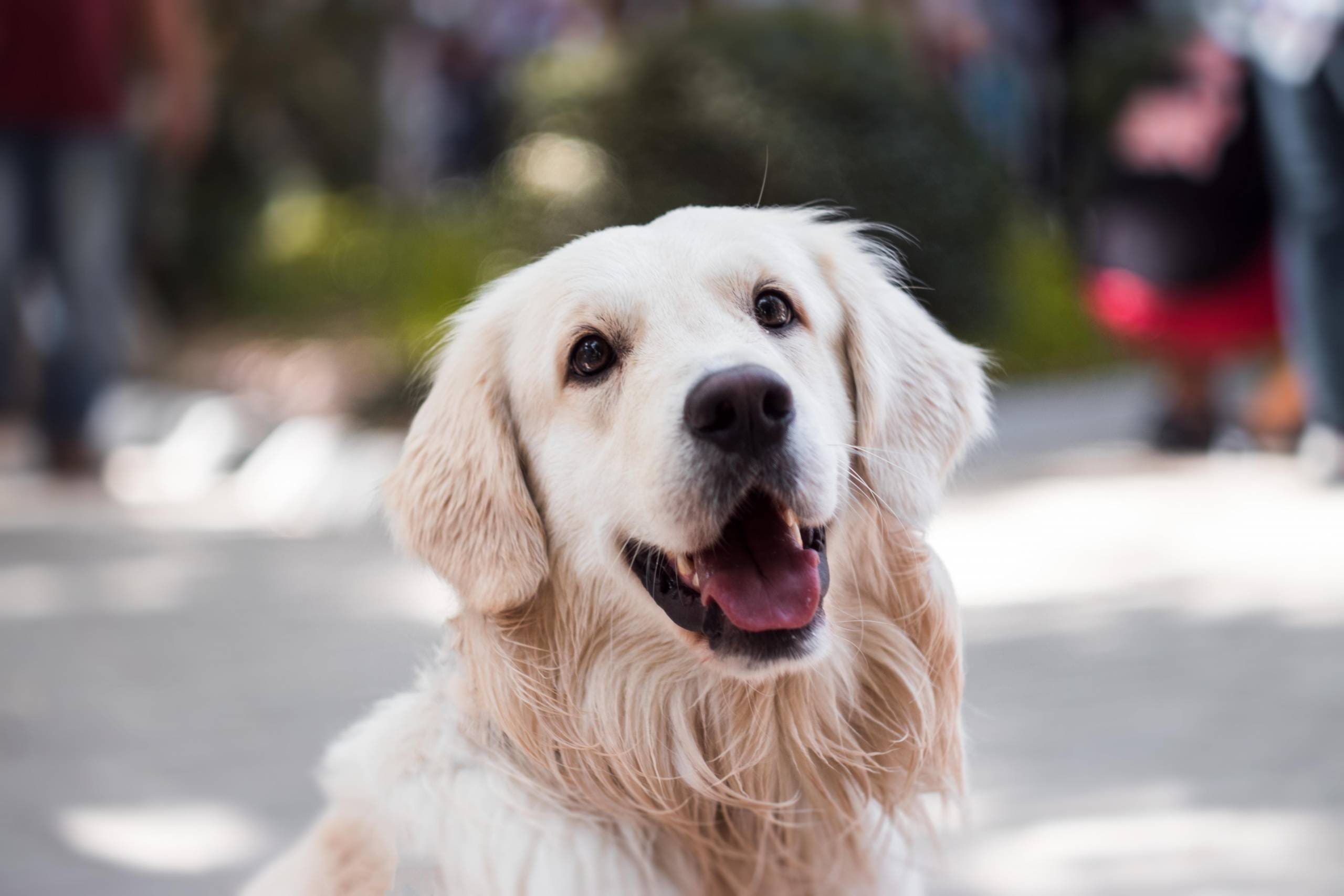Onions are a common ingredient in many households, but they can pose a serious threat to dogs. Onion poisoning occurs when dogs consume onions—raw, cooked, or powdered—due to a compound called thiosulfate, which dogs cannot metabolize effectively. Symptoms can range from mild to severe and may even be life-threatening. Recognizing the signs of onion poisoning and knowing how to respond can save your pet’s life.
Recognizing Symptoms
If your dog has ingested onions, watch for gastrointestinal distress such as vomiting, diarrhea, or abdominal pain. Other signs include lethargy, weakness, and a lack of appetite. These symptoms can appear within hours of ingestion, but they may also take days to show. If you suspect onion ingestion, keep a close eye on your dog for any of these indicators.
Immediate Steps to Take
If you catch the situation early, determine how much onion your dog has consumed. A small amount may not require professional intervention, but larger quantities or the presence of symptoms necessitate prompt veterinary care. Even if your dog seems fine, it’s wise to err on the side of caution.
For small amounts of onion ingestion, you can induce vomiting at home. This should only be attempted if your dog is alert and healthy enough. Use hydrogen peroxide—1 teaspoon for every 10 pounds of your dog’s weight, not exceeding 3 tablespoons. Administer orally with a syringe or turkey baster, ensuring your dog swallows it. Take your dog outside afterward to encourage vomiting, which should occur within 15 minutes. If it doesn’t, do not repeat the dose without consulting a veterinarian.
Post-Vomiting Care
After inducing vomiting, monitor your dog closely for lingering symptoms. Provide plenty of fresh water to help flush out their system. A bland diet of boiled chicken and rice can soothe their stomach and reduce irritation. Avoid fatty or rich foods during recovery, as these can worsen gastrointestinal issues.
When Symptoms Arise
If your dog shows any symptoms of onion poisoning, such as lethargy or difficulty breathing, contact your veterinarian immediately. They may need advanced medical treatment, including intravenous fluids or medications to assist with toxin breakdown. In severe cases, blood transfusions may be necessary.
Importance of Veterinary Care
Some pet owners may hesitate to seek veterinary care due to costs, but prioritizing your dog’s health is essential. Onion poisoning can cause oxidative damage to red blood cells, leading to hemolytic anemia—a serious condition that requires professional intervention.
If you suspect your dog has consumed a significant amount of onion, gather relevant information before visiting the vet, such as the type of onion, amount ingested, and time of ingestion. This information helps the veterinarian make informed decisions about the best course of action.
Prevention Strategies
Preventing onion poisoning is easier than treating it. Keep onions and onion-containing foods out of reach of pets. Educate family members and guests about the dangers of feeding human food to dogs, especially toxic items. Proper disposal of onion scraps and leftovers can also help protect your dog.
In addition to onions, other foods like garlic, shallots, chives, and leeks are toxic to dogs. Familiarizing yourself with these items enables you to safeguard your furry friend better.
Regular veterinary check-ups are important for your pet’s health. During these visits, discuss any dietary concerns and seek advice on safe foods. Your veterinarian can help keep your dog healthy and happy while avoiding toxic substances.
Taking Action
If you suspect onion poisoning, remain calm and take action. Monitor for symptoms, consider inducing vomiting if necessary, and reach out to your veterinarian for assistance. Early intervention is crucial for a positive outcome. Even if your dog appears fine, a professional evaluation is often the safest choice.
Your dog relies on you for their safety. Being proactive and aware of harmful foods can make a significant difference. Protecting your beloved pet from onion poisoning and similar threats requires vigilance.
In the unfortunate event of onion poisoning, remember that you are not alone. Many pet owners face similar situations. Acting quickly and responsibly is key to ensuring your dog’s health. With proper care, they can recover and continue to be a cherished member of your family.
Stay informed and prepared to provide the best care for your dog. Educating yourself about onion poisoning and its treatment has a significant impact on your pet’s well-being. Prioritizing their safety and consulting professionals when in doubt ensures a life free of unnecessary risks. With your love and attention, your furry friend can thrive.



